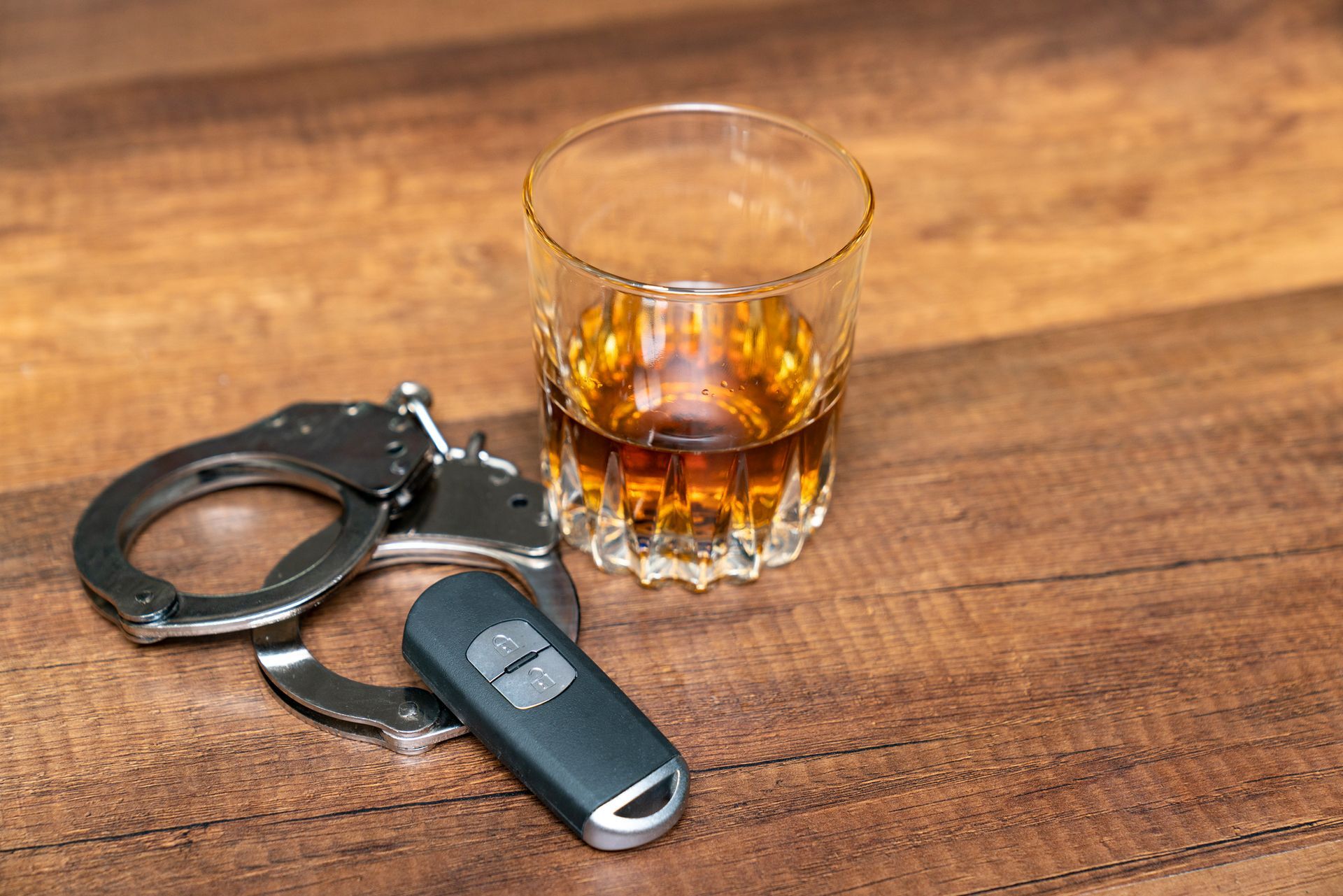What You Need To Prove in a Defective Product Liability Claim
You should file a product liability claim if you sustain injuries because of a defective product you bought from a seller or manufacturer. Proving fault in a product liability lawsuit depends on the legal concept of strict liability. Here are some elements you need to prove to succeed in your claim.
The Product Is Defective
One of the first things you should prove in a product liability case is that the product is defective. Additionally, you should show that the defect wasn't apparent to the average buyer.
To succeed in a product liability claim, you must either show that the product was unreasonably dangerous, there was a mishap in the manufacturing process, or the manufacturer didn't provide sufficient warning.
First, a product is unreasonably dangerous if it was defective at its inception or because of its design. Secondly, if there is a problem during a product's manufacturing process, the product is defective. Lastly, if a manufacturer doesn't provide reasonably adequate warnings, the manufacturer is liable for any injuries resulting from using the product.
The Consumer Used the Product According to the Manufacturer's Instructions
The American National Standards Institute (ANSI) requires manufacturers to provide detailed instructions and warnings regarding how consumers should handle their products. If you don't use a product according to the manufacturer's guidelines, you may fail in your defective product claim.
For example, if you used a hair straightener on your child's doll and the product injured you or got damaged, you might not have a valid claim. If another consumer wouldn't use the hair straightener the same way, it's unsafe to use it for that purpose.
The Product Defect Caused Your Injury
Apart from proving that a product was defective and that you used it according to the manufacturer's instructions, you should show that the defect caused your injuries or losses. For example, you may sustain injuries through electrocution by a defective electric kettle. In this case, proving the defect caused your injury is straightforward.
However, proving a product defect caused your injury is difficult in some cases. For example, suppose you sustain injuries in a car accident while overspeeding with a car designed to flip over when turning corners. In that case, the manufacturer will claim that your injuries result from your recklessness, not the car's design.
The Defendant Was Negligent
When filing a product liability claim, you should show that carelessness in the manufacture of the product caused your injuries or losses. To prove negligence, you should show that the defendant had a duty of care toward you.
The defendant should have known about the product defect. Additionally, you should show that the defendant breached their duty to sell you a safe product resulting in your injuries.
There Was a Breach of Warranty
If you sustain injuries from a defective product, you could sue a seller or manufacturer for breach of warranty. The two types of warranties you may call upon are express and implied warranties.
Express warranties are typically printed on the product or indicated on the instruction journal that comes with the product. The written contract guarantees the consumer that the product meets specific quality standards. If the product fails to meet that quality standard, the manufacturer will repair or replace it at no cost. For example, a one-year warranty that comes with an electric kettle.
On the other hand, an implied warranty means you expect a product to meet certain standards. When a product fails to meet this standard, you can sue the seller or manufacturer for an implied breach of warranty—for example, if you buy a dishwasher that cannot wash dishes. Since the dishwasher doesn't function as it should, the manufacturer has breached the implied warranty.
If you suffer injuries or losses from a defective product, you should hire an attorney to help you file a product liability claim. With years of experience in product liability and other personal injury cases, you can count on Craig P. Kenny & Associates to ensure you get justice. Contact us today for a case review and advice on how to proceed with your claim.





















